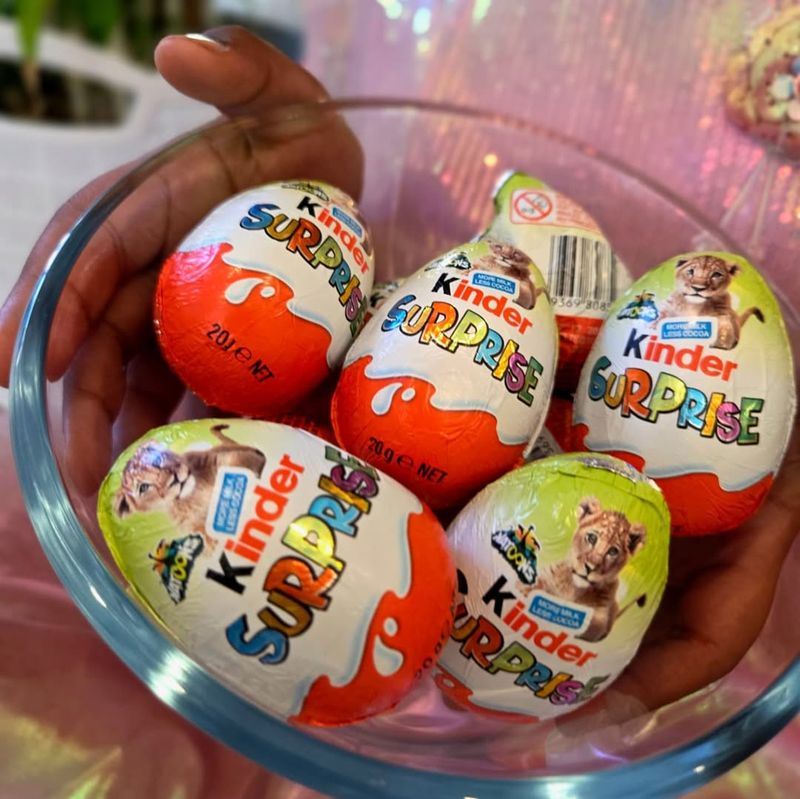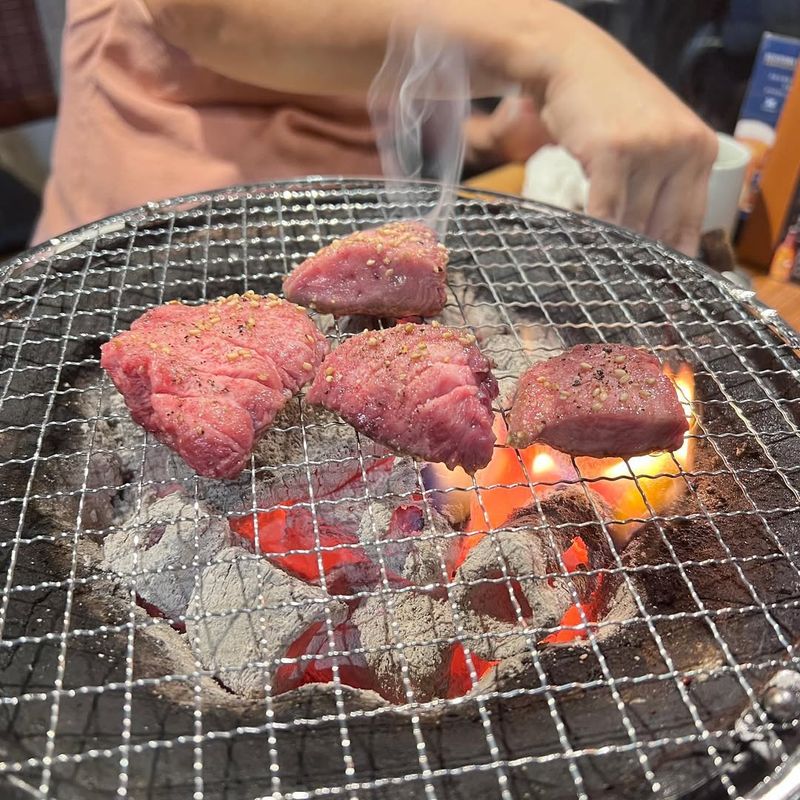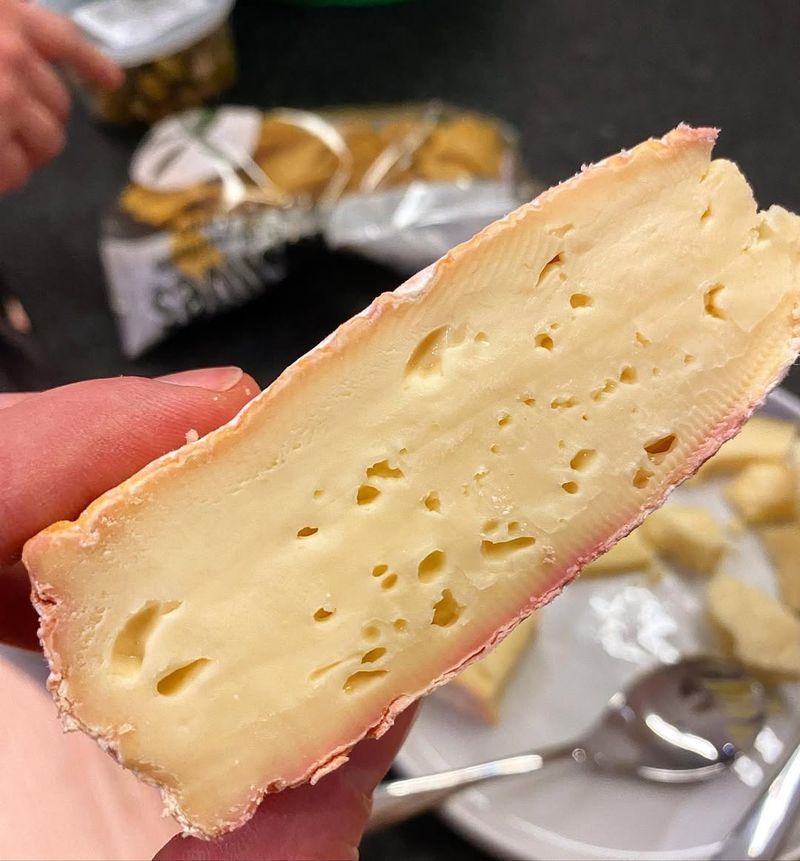At first glance, they look perfectly normal—common treats and ingredients that might remind you of childhood, fine dining, or exotic vacations. You’d never guess that, in the United States, some of these everyday foods are quietly outlawed.
The reasons behind their bans range from the logical to the controversial, the safety-first to the ethically fueled. But what all these foods have in common is this: you won’t find them legally sold or served at certain places in the country, no matter how ordinary they may seem.
Curious? You should be. What you’re about to discover might just change the way you look at your next grocery haul—or have you booking a flight just to taste what’s missing.
1. Kinder Surprise Eggs
Remember the thrill of finding a toy surprise in your chocolate? Kinder Surprise Eggs, the cherished European treats, are a no-go in the U.S. due to safety concerns.
Inside each milk chocolate shell lies a plastic capsule containing a toy, which the FDA fears poses a choking hazard to young children. The ban has left many nostalgic for these whimsical delights, often smuggled in luggage by those returning from abroad.
While other countries enjoy the joy of discovering tiny treasures, Americans must satisfy their curiosity with Kinder Joy, a modified version without the same charm.
2. Fugu (Pufferfish)
Fugu, or pufferfish, is a culinary gamble that even seasoned thrill-seekers might think twice about. Renowned for its potential lethality, this fish contains tetrodotoxin, a poison more deadly than cyanide.
Only chefs with years of rigorous training can prepare it safely, turning each bite into an exhilarating leap of faith. In the U.S., the danger outweighs the allure, leading to Fugu’s ban to protect eager diners from its perilous charms.
For those yearning to flirt with danger on their plates, Japan remains the ultimate destination, where Fugu dining is both an art and a risk.
3. Horse Meat
Delving into the cultural taboo, horse meat stirs strong emotions worldwide. In the U.S., while technically legal, the absence of USDA inspections effectively bans its sale. This lack of oversight prevents curious gastronomes from exploring this controversial staple, often found in European kitchens.
Beyond its taste, horse meat raises ethical debates, reflecting society’s view of horses as companions rather than cuisine.
In countries like France, it’s a delicacy, celebrated for its tenderness and flavor. In America, however, the cultural divide keeps horse meat off the dinner table, preserving the horse’s iconic status as a noble steed.
4. Sea Turtle Meat
Once a staple in coastal communities, sea turtle meat has been swept away by conservation efforts. In the U.S., these majestic creatures are protected under the Endangered Species Act, making hunting or selling their meat illegal.
Sea turtles play a crucial role in marine ecosystems, and their protection reflects a commitment to biodiversity. While their meat remains a culinary memory from the past, the focus now is on preserving their future, as icons of the natural world.
5. Foie Gras
Foie gras, the epitome of luxury dining, faces a contentious ban in several U.S. states, championed by animal rights activists. The delicacy, crafted through the force-feeding of ducks or geese, has ignited debates over ethical treatment and culinary tradition. In states like California, the ban echoes a broader movement toward humane practices.
Despite its rich, buttery flavor that has captivated gourmets worldwide, foie gras symbolizes a clash between indulgence and ethics. For those who savor it, foie gras remains a forbidden indulgence, a gastronomic enigma wrapped in moral complexity.
6. Unpasteurized Cheeses
For those who dream of creamy, tangy cheeses, unpasteurized varieties offer a taste experience unrivaled by pasteurized counterparts. However, in the U.S., cheeses made from raw milk and aged less than 60 days are off-limits due to bacterial concerns.
These cheeses, like the famed Camembert de Normandie, embody artisanal heritage but also potential health risks. Connoisseurs argue the complex flavors of raw milk cheeses are worth the gamble, yet regulations prioritize safety.






Leave a comment